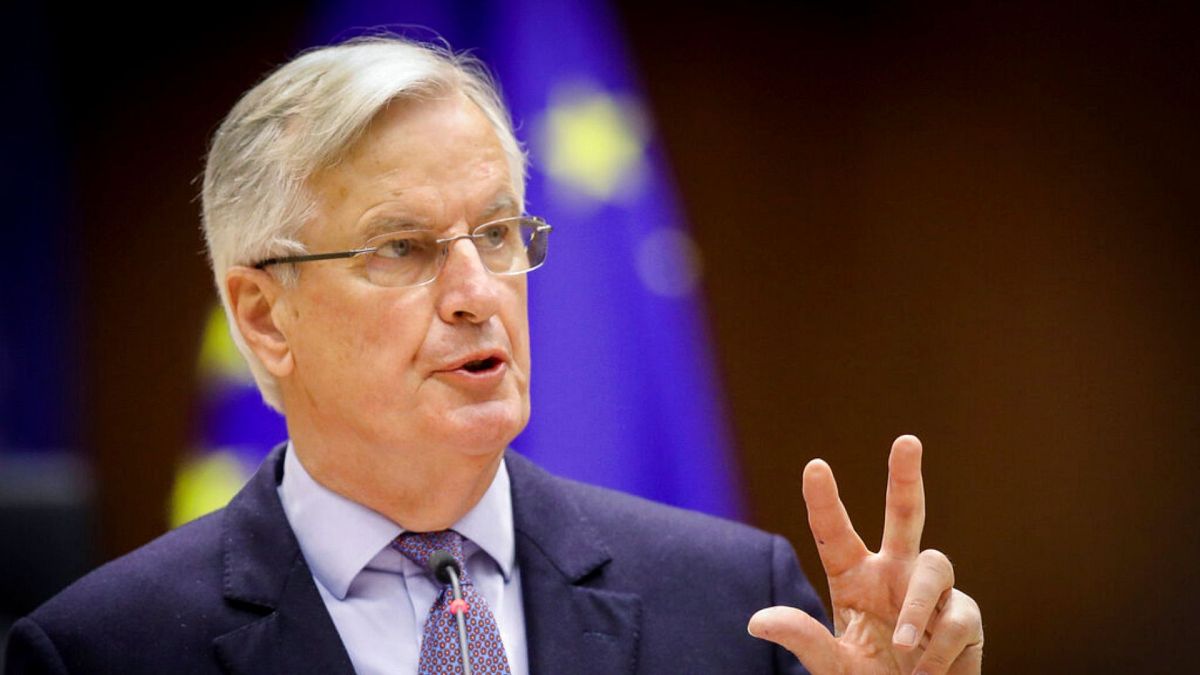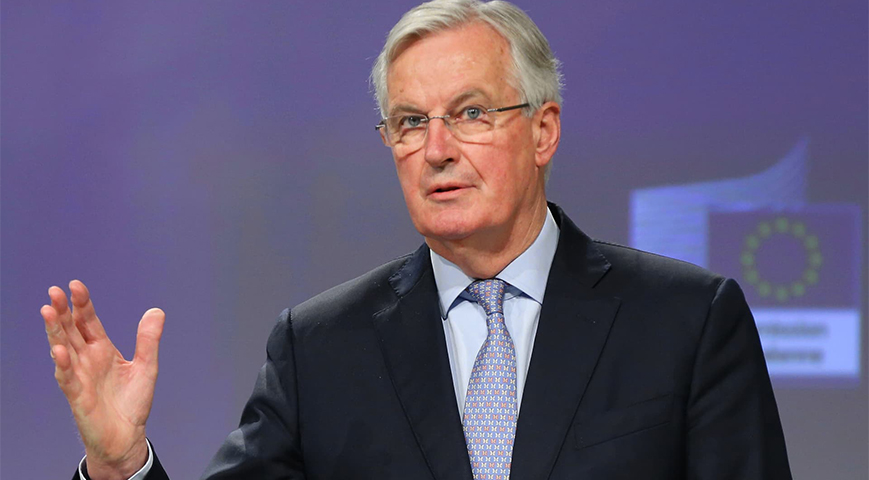French President Emmanuel Macron has appointed Michel Barnier, the former EU Brexit negotiator, as his new prime minister.
At 73, Barnier becomes the oldest prime minister in France's modern history, replacing Gabriel Attal, the youngest. Barnier’s main task will be to address France’s political gridlock after a recent snap election failed to give any party a clear majority in parliament.

A seasoned politician, Barnier must navigate a sharply divided parliament and push through crucial reforms, including the 2025 budget.
The left-wing opposition, led by Jean-Luc Melenchon, has accused Macron of "stealing" the election and called for protests. The far-right National Rally (RN), France’s largest party, has hinted at possible support for Barnier if key issues like immigration, security, and the cost of living are prioritized.
Though known for his pro-European stance, Barnier hardened his rhetoric on immigration during a failed 2021 presidential bid. He has not held political office in France for 15 years, having spent much of that time in Brussels leading the EU's Brexit negotiations.

Financial markets responded positively to Barnier’s appointment, with French bank shares rising and the euro strengthening. However, Macron's decision to call a snap election has weakened his centrist coalition, losing dozens of seats and complicating efforts to form a stable government.
Macron’s appointment of Barnier is seen as an effort to maintain his reform agenda, mainly regarding pensions. However, his ability to negotiate with other parties will be critical to getting new legislation passed in the fractured parliament.
The RN has warned that Barnier could face opposition if their demands are unmet, with some calling for early parliamentary elections next year.









